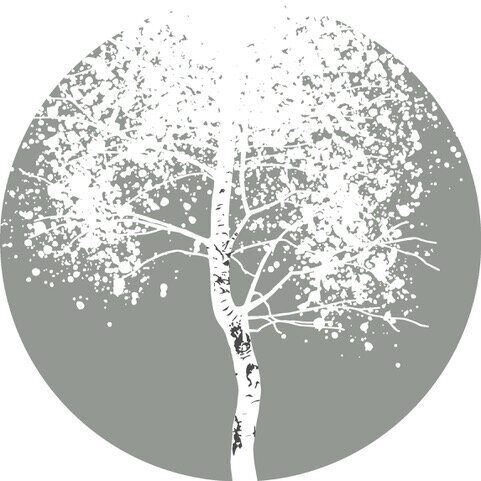Stress - Begin Where You Are.
/It only has to take one event to trigger a complete change in your breathing habit. You might always have breathed in your belly (although you were probably not aware of this), then one day you were traumatised by a major stressor. This could be anything that put you into an immediate stress response, from a traumatic event to being yelled at. How your body responds is what is important here.
Commonly with the stress response, your breath shifts from belly to chest. You want to pull air into your lungs so that oxygen can be sent to your heart rapidly, enabling you to fight or flee from the threat. In a healthy system, once the threat is over, the stress response is switched off and breathing returns to the belly.
In modern society where we are constantly under threat on a psychological and physiological basis, the stress response can be triggered again and again in a single day. So what happens? The breath gets stuck in your chest and whether you feel stressed or not, your body thinks you are and keeps you in the stress response.
With so much threat around us, how do we know that we are stuck in the stress response? There are too many signs to list, but here are some things to look out for:
Being easily startled.
Constant doing - restlessness.
Eyes darting around.
Constant chatter.
Rushing.
Low pain tolerance.
Consistent tension in the back of the skull, jaw, neck or shoulders.
Feeling regularly overwhelmed.
Sensory overload - sensitivity to light and sound in particular.
Over-thinking and spending too much time in the head.
Consistent chest breathing and pulling of the breath.
Mouth breathing.
Difficulty with concentration and focus.
Listlessness, exhaustion or fatigue.
Sound familiar? Whatever you do, DON’T carry on as you are! Stress is not your friend. The stress hormones that are constantly rampaging around your body can do serious damage to your health. Now is the time to implement self care.
If you find that your mind is busy, busy, busy, you might need to begin with movement. A simple routine like the cat sequence I frequently teach can be a good place to begin. Don’t worry about the breathing but do notice the contact your body has with the floor.
If you are overwhelmed, begin at your feet. Notice them, feel them on the ground and if that is difficult, massage them so that you really feel the sensations in your feet. Squeezing the arms and legs can be useful if you feel disconnected from yourself.
If you can cope with stillness, concentrate on your breath. Sound is the easiest way of making the shift from chest breathing to belly breathing. It doesn’t matter what it is but you could try, sss, fff, ahh, brr. Sound that can loosen a tense jaw is brilliant!
Practice breathing through your nose as often as possible. It took a single event to alter your breath; it is possible to change it back within 24 hours. It just takes practice. Mouth breathing or shallow breathing reduces the amount of Carbon Dioxide (CO2) you take in. CO2 is necessary for vaso-dilation (dilating your blood vessels) which allows for oxygen uptake. Without this, blood vessels constrict which means the flow of blood is slowed leading to potential complications. Red blood cells hang on to oxygen when CO2 is low, therefore the body’s cells are not receiving enough oxygen to thrive.
If after reading this you start to panic, STOP! This is life and you are not alone. Stuff gets in the way of self care. But now you understand the importance of taking time for yourself and addressing the issue, begin where you are.
If you need support on your journey, do get in touch.




